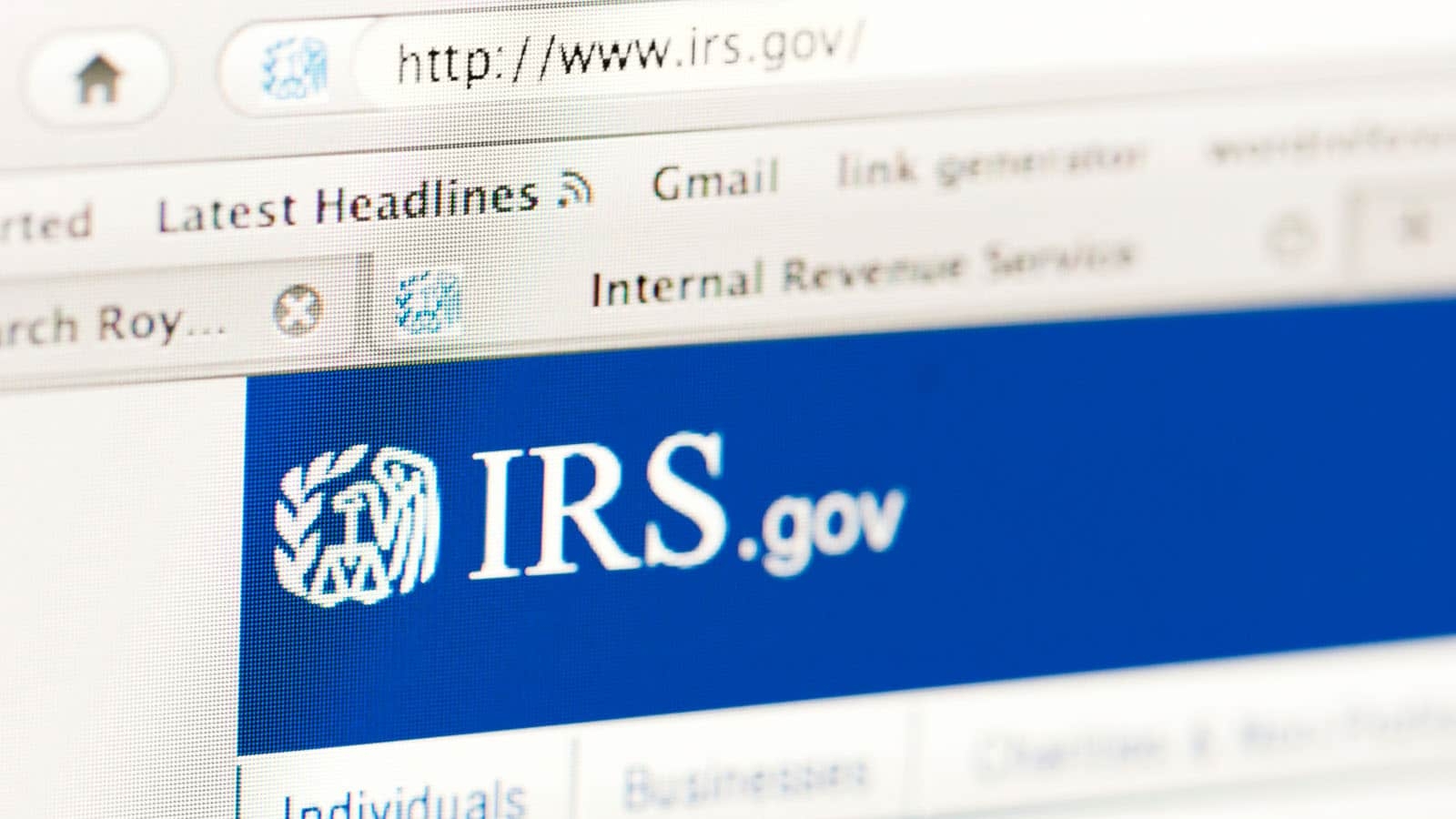When it comes to reporting tax evasion or fraud, the IRS Form 211 is an essential tool for whistleblowers. This form allows individuals to confidentially report information that could lead to the recovery of unpaid taxes. By providing this information, whistleblowers may be eligible for a monetary reward based on the amount recovered by the IRS.
It is important to note that the IRS Form 211 is not available for download on the IRS website. However, there are several online resources that offer printable versions of the form. Whistleblowers can easily access and fill out the form to start the process of reporting tax evasion or fraud.
Whistleblowers who have information about tax evasion or fraud can submit the IRS Form 211 to the IRS Whistleblower Office. The form requires detailed information about the individual or organization suspected of committing tax fraud, as well as any evidence or documentation that supports the claim. Once the form is submitted, the IRS will review the information provided and take appropriate action to investigate the claim.
It is important for whistleblowers to carefully follow the instructions on the IRS Form 211 and provide accurate and thorough information. Any false or misleading information could result in the rejection of the claim and potential legal consequences for the whistleblower. By submitting a complete and accurate form, whistleblowers increase their chances of receiving a reward if the IRS successfully recovers unpaid taxes as a result of their report.
In conclusion, the IRS Form 211 is a valuable tool for individuals who have information about tax evasion or fraud. By using this form to report suspicious activity, whistleblowers can help the IRS recover unpaid taxes and potentially receive a monetary reward for their efforts. Printable versions of the form are available online, making it easy for whistleblowers to submit their claims and assist the IRS in combating tax fraud.
